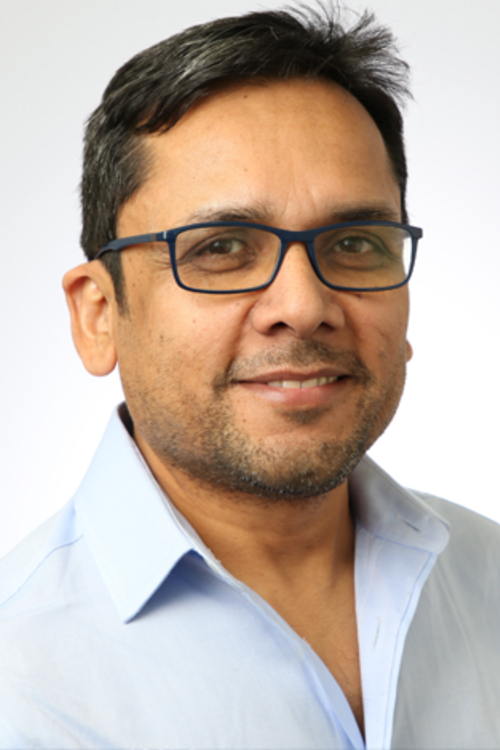Dr. Kumar has a longstanding interest in understanding hematopoietic development, utilizing both embryonic stem (ES) and induced pluripotent stem (iPS) cells, which are versatile sources for transplantation and tissue engineering due to their ability to self-renew and differentiate into any cell type in the body. Dr. Kumar's research aims to differentiate human pluripotent stem cells (hPSCs) into hematopoietic progenitors and mature blood cells, creating new sources of immune cells for bone marrow transplantation, transfusion, and cancer immunotherapy. During his postdoctoral training, his work led to the identification of multiple novel hematoendothelial, hematopoietic, and mesenchymal progenitors and deciphered various molecular determinants and cellular pathways leading to the formation of blood cells. He has also developed methodology for the scalable production of arterial hemogenic endothelium (AHE), hematopoietic progenitors (HPs), immune cells (T, B, and NK), vasculogenic cells (MSC, endothelial, pericytes, and SMCs), and myeloid cells from human and non-human primate (NHP) PSCs. Currently, his research focuses on 1) optimization of the iPSC platform for scalable manufacturing of hematopoietic progenitors and immune cells, primarily on natural killer (NK) and T cell development. 2) Genetic engineering of iPSC using cutting-edge CRISPR/Cas9 technology to escalate the function and maturation of NK, T, and myeloid cells for immunotherapies
